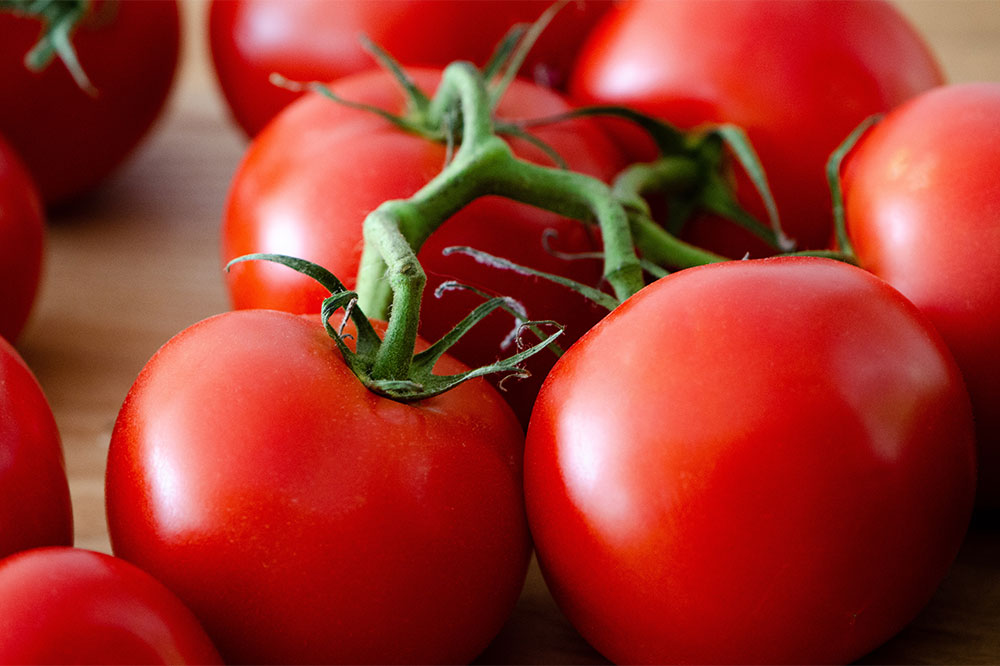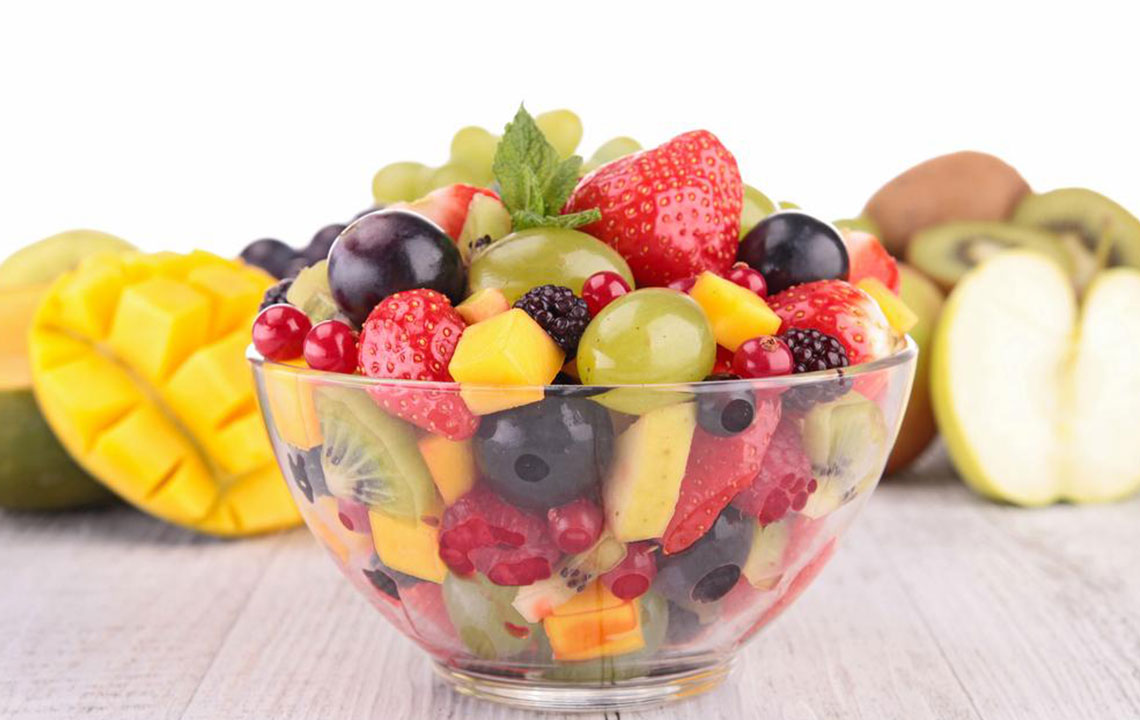Myth-Busting: Separating Fact from Fiction About Food and Arthritis Management
This comprehensive article debunks common myths about food and arthritis, providing evidence-based insights that help sufferers make informed dietary choices. It covers topics like nightshades, citrus, vinegar, dairy, collagen, and home remedies, clarifying what is scientifically supported and what is myth. By understanding the facts, individuals with arthritis can optimize their diet for better joint health and manage symptoms effectively. The article encourages a balanced approach to diet and dispels misinformation to support better quality of life for sufferers.

Myth-Busting: Separating Fact from Fiction About Food and Arthritis Management
Arthritis is a prevalent condition that affects millions of people worldwide, cutting across all age groups—from children experiencing juvenile arthritis to elderly individuals dealing with osteoarthritis and rheumatoid arthritis. The condition is characterized by inflammation of the joints, leading to stiffness, pain, swelling, and sometimes deformity, significantly impacting quality of life. Despite advances in medical research and treatment, many misconceptions persist about how diet influences arthritis symptoms and progression. These myths often lead to unnecessary dietary restrictions or false reassurances, complicating effective management and causing confusion among patients. Therefore, a clear understanding of the facts versus myths about food and arthritis is crucial for those seeking to manage their condition effectively.
Understanding Common Myths About Arthritis and Diet
Tomatoes and Nightshades Are Harmful to Arthritis Patients
One of the most widespread misconceptions surrounds tomatoes and other foods belonging to the nightshade family. Historically, some believed that solanine, a natural compound found in these vegetables—such as tomatoes, potatoes, eggplants, and peppers—could exacerbate joint pain or inflammation. However, modern scientific studies have failed to establish a direct link between consuming tomatoes and worsening arthritis symptoms. Numerous nutritionists and rheumatologists confirm that tomatoes are part of a healthy diet, rich in antioxidants like lycopene, which may have anti-inflammatory properties. Therefore, individuals with arthritis can safely incorporate tomatoes and other nightshades into their meals without fear of aggravating their condition.
Citrus Fruits Don’t Increase Inflammation — They Aid It
Contrary to some misconceptions, citrus fruits such as oranges, grapefruits, lemons, and limes are rich sources of vitamin C and other antioxidants that are beneficial for joint health. Vitamin C plays a fundamental role in synthesizing collagen, a vital component of cartilage, which helps maintain joint integrity and function. Research suggests that higher vitamin C intake is associated with reduced levels of inflammatory markers and a lower risk of joint deterioration. Therefore, consuming citrus fruits can be a proactive way to support joint health, combat inflammation, and prevent cartilage damage, dispelling the myth that they worsen arthritis symptoms.
Vinegar Consumption Doesn’t Cure Arthritis Stiffness
Many people have touted apple cider vinegar as a natural remedy for various ailments, including arthritis. While some believe that vinegar might help eliminate free radicals—unstable molecules that can contribute to inflammation—there is a lack of scientific evidence to support these claims. Moderate consumption of vinegar as part of a balanced diet, such as in salad dressings, is generally safe, but it does not have proven anti-arthritis benefits. Excessive intake of vinegar can even cause adverse effects like tooth enamel erosion or digestive discomfort. Therefore, vinegar should be viewed primarily as a culinary enhancer rather than a treatment for joint stiffness.
Giant Myth Exploded: Gin-Soaked Raisins Are Not a Remedy
The idea that gin-soaked raisins could alleviate arthritis symptoms has circulated for generations, often linked to traditional or folk remedies. However, scientific research does not support this belief. The alcohol in gin might temporarily dull pain or inflammation, but it does not provide long-term relief or cure arthritis. In fact, alcohol can sometimes worsen inflammation and interfere with medications. Historically, juniper berries—used in gin—possess anti-inflammatory properties, but soaking raisins in gin does not reliably transfer these effects. For effective management, rely on proven medical treatments and informed dietary choices, not unsubstantiated home remedies.
Are Dairy Products Off-Limits for Arthritis Sufferers?
A prevalent myth asserts that dairy products, such as milk, cheese, and yogurt, exacerbate arthritis symptoms. This belief is unfounded unless the individual has lactose intolerance or a dairy allergy. Dairy products are excellent sources of calcium, vitamin D, and other nutrients vital for bone and joint health. Numerous studies indicate that moderate consumption of dairy does not increase inflammation or joint pain in most people. In fact, dairy can be beneficial for maintaining strong bones and preventing osteoporosis, which can complicate arthritis. For those with sensitivities, alternatives like fortified plant-based milks can be considered.
Gelatin and Collagen — Do They Support Joint Health?
Collagen is essential for maintaining the structure and strength of cartilage and other connective tissues in joints. While collagen supplements and gelatin-rich foods like jelly or bone broth are popular, scientific evidence shows mixed results regarding their effectiveness in alleviating arthritis symptoms. Some studies suggest that collagen supplements may improve joint comfort and function over time, but results are not conclusive. Consuming gelatin alone is unlikely to significantly reduce joint pain or improve mobility, but it can be a part of a balanced diet aiming to support overall joint health.
Myth of Using Salt in Shoes for Joint Pain Relief
An unusual and entirely unfounded myth suggests that sprinkling salt inside shoes can absorb moisture or reduce joint swelling. There is no scientific basis for this practice, and it offers no proven benefits for arthritis sufferers. In fact, it could cause discomfort or damage to footwear. Effective management of joint swelling involves medical treatment, proper footwear, physical therapy, and lifestyle modifications, rather than unproven home remedies like using salt in shoes.
In conclusion, understanding the facts about how diet influences arthritis is essential for effective management and improved quality of life. While some foods like tomatoes and citrus fruits are safe and potentially beneficial, others like vinegar and gin-soaked raisins lack scientific support. Avoid falling for myths, and always seek advice from healthcare professionals to tailor a diet plan suited for your specific condition. Proper education and informed choices can help arthritis sufferers maintain joint health, reduce pain, and enhance their overall well-being.





